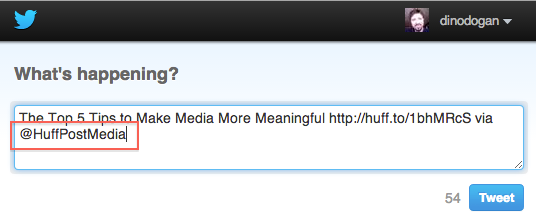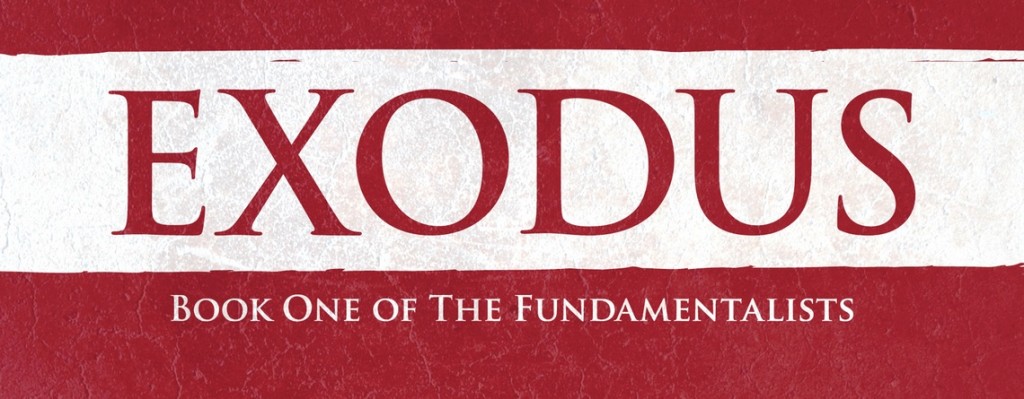Yes, Triberr just keeps getting better and better.
The ‘Home of the Influencer’ that puts the blogger front and centre is maturing at a rapid rate.
 After the reblogging functionality, the universal commenting system, Triberr Campaigns and being just an amazeballs community of influencers and fellow bloggers, we can now assign the (correct) author to a blogpost.
After the reblogging functionality, the universal commenting system, Triberr Campaigns and being just an amazeballs community of influencers and fellow bloggers, we can now assign the (correct) author to a blogpost.
Authorship
 A good example of how it’s not suppose to happen is like on HuffPost. When you Tweet an article from there, @HuffPostMedia gets the credit. This happens on all platforms. Try and Tweet anything from YouTube, Mashable and many others and their handle gets attached.
A good example of how it’s not suppose to happen is like on HuffPost. When you Tweet an article from there, @HuffPostMedia gets the credit. This happens on all platforms. Try and Tweet anything from YouTube, Mashable and many others and their handle gets attached.
Not the authors, never the authors handle. Now, that just don’t sit right.., now does it?
Your Blog
Even when you have someone else post on your blog and you push it through Triberr this happens (it’s not just the big uns). Your Twitter handle gets attached to the post, regardless of who wrote it.
One thing you can do is add the Twitter handle of the author in the title, this works quite well. But, then you have 2 handle and an ugly title. It’s a work around, nothing more.
Visionaries
Enter the Triberr visionaries. I sometimes get the feeling they go in a sweat-loge and use the spirit world for guidance. But, I’m sure that many a BBQ with a cold beer or two is plenty to spark great conversations where they come up with these mould breaking ideas.
OK, so the author has to be a (free) member of Triberr. I guess you’ll have to be. How else do they get you into their system, besides, if you blog.., you should join Triberr anyway (yeh, I’m a (paying) fan of the platform, so what?).
So, How?
Anyhoo.., the idea is simple.
Suppose you write a guest (or original) post on rogiernoort.com, after publishing the post gets imported into Triberr. Then, I go into My Posts and select your name. Now, every time the post gets Tweeted it has your name. And when the post gets reblogged, it will still have your name (or handle) attached to it.
It actually quite an impressive piece of functionality.
Not Just Preaching
The boys from Triberr, or Dino in particular, write a lot about how the blogger gets the short end of stick on the bigger (if not all) other platforms.
A lot of people rant on the web, but it seems Dino (and Dan) tend to their flock with great care and actually try and change what is wrong.
If, with that great care they build a platform that gets better and better..,well.., so much the better. And to all (or most) other platforms.., take a look at Triberr and please learn from them. This is a platform that puts ‘social’ first, not the platform (i.e. ads).
Just amazeballs.


 In the beginning Geoff wrote about marketing, and I shared his content via Triberr to my followers, because they were well written and well considered posts, worthy of sharing.
In the beginning Geoff wrote about marketing, and I shared his content via Triberr to my followers, because they were well written and well considered posts, worthy of sharing.
